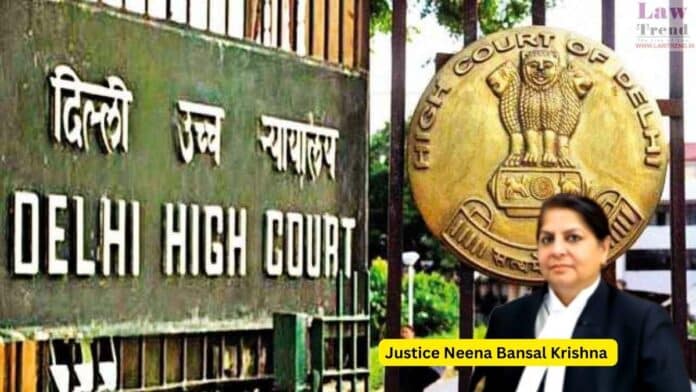The High Court of Delhi has dismissed a petition filed by a husband under Section 482 of the Code of Criminal Procedure, 1973, seeking the quashing of a 2005 FIR for dowry harassment. Justice Neena Bansal Krishna, presiding over the case (CRL.M.C. 5386/2018), ruled that the FIR cannot be quashed on the basis of a
To Read More Please Subscribe to VIP Membership for Unlimited Access to All the Articles, Download Available Copies of Judgments/Order, Acess to Central/State Bare Acts, Advertisement Free Content, Access to More than 4000 Legal Drafts( Readymade Editable Formats of Suits, Petitions, Writs, Legal Notices, Divorce Petitions, 138 Notices, Bail Applications etc.) in Hindi and English.




